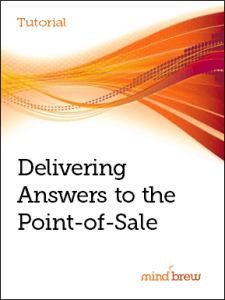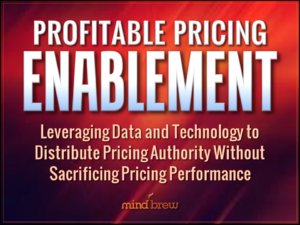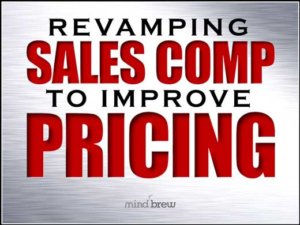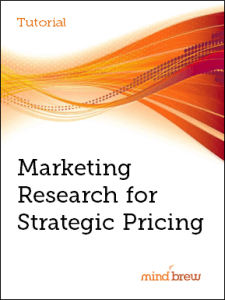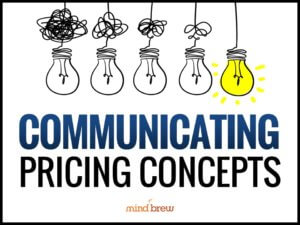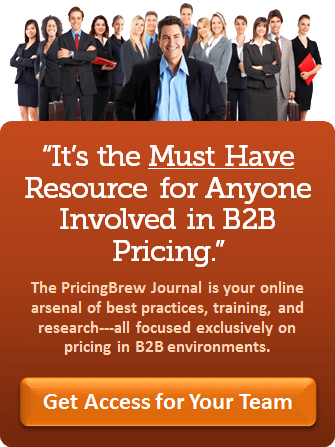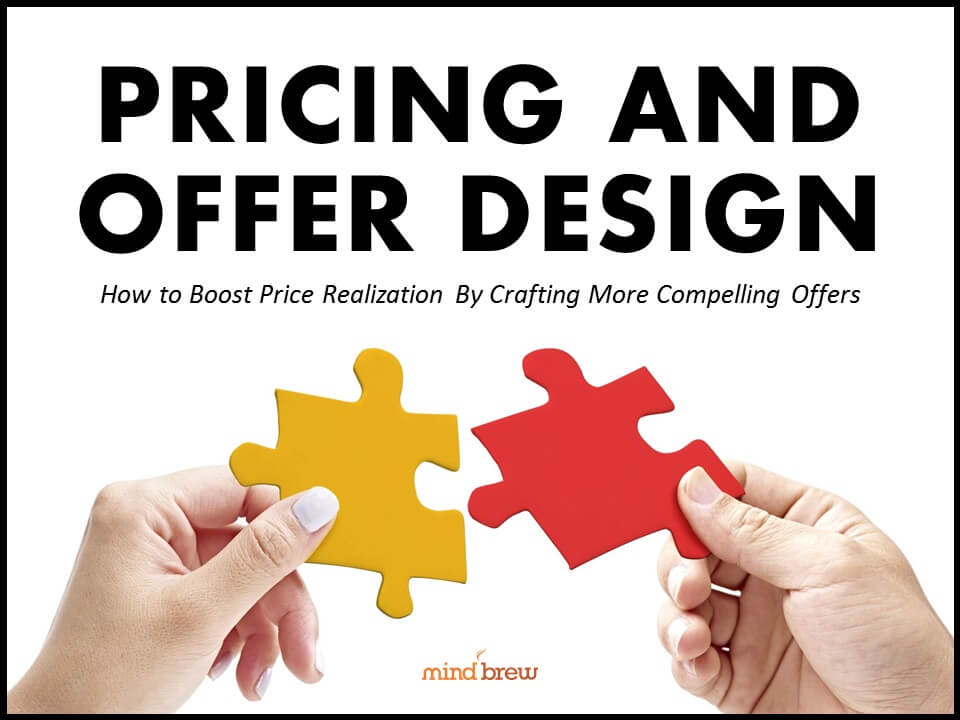We’ve all heard that “hindsight is 20/20.” And we know that we probably shouldn’t second guess people’s decisions after the fact when we have the benefit of information that they didn’t have at the time.
Still, it’s tough not to shake your head in wonder when you see some of the poor pricing decisions that salespeople make. Those of us with hotter tempers might even be tempted to scream: “Don’t they know that price will leave us with no margin at all? Don’t they understand the basics of negotiation? Don’t they get that decisions like this will hurt their careers and their own personal pocketbooks when the company goes under?”
Maybe not.
In many cases, salespeople make bad decisions because they don’t have all right information, skills, or incentives to do so.
It’s true that salespeople can be some of the most frustrating people on the planet, but most of them aren’t illogical imbeciles. They don’t get up in the morning wanting to do a bad job. When they mess up pricing, it’s probably because the right conditions aren’t present to encourage them to do a good job. Believe it or not, most salespeople will make good pricing decisions as long as the following criteria are met:
- The have relevant information when and where they need it. In the heat of a negotiation battle, adding a 2% discount to a given price might not seem all that bad to a salesperson. After all, it’s just 2%, right? But if your margins are already razor-thin, that 2% might be the difference between profitability and losses. Your salespeople need to know this information! Even better is if they’ve been involved with the pricing team in determining acceptable price ranges, ceilings, targets, etc. The webinar Delivering Answers to the Point of Sale explains how you can get this information into the hands of your salespeople, and more importantly, convey it in such a way that it will alter their behavior.
- They have the necessary knowledge and skill to use that information. Most salespeople don’t have a solid understanding of fundamental pricing concepts like segmentation, differential value, B2B price elasticity, or even negotiation tricks and tactics used by procurement specialists. (For that matter, most businesspeople, including plenty of MBAs, don’t understand these concepts either.) But a little bit of training can make a tremendous difference. The webinar Profitable Pricing Enablement describes how to equip your salespeople with the knowledge, skills, and authority they need to negotiate good prices.
- They have more to gain from a “good” decision than from a “bad” one. Many sales compensation programs are unintentionally set up to reward bad pricing behavior. It’s better for the commissioned salespeople’s paychecks to give up a little margin than to lose a sale altogether—and they know this. But if you can leverage peer pressure or possibly change the compensation plan to incentivize good pricing, they suddenly have motivation to do a better job. The webinar Revamping Sales Comp to Improve Pricing tells you how leading B2B firms are re-structuring their compensation plans, and it give you a step-by-step guide for making it happen at your company.
The next time you’re tempted to be a “Monday morning quarterback” of your salespeople’s pricing decisions, do a root-cause analysis instead. Ask why the salesperson made the decision he or she did. You’ll probably find that one of these three criteria was missing.
And that means you can fix the problem so that it doesn’t happen again.

